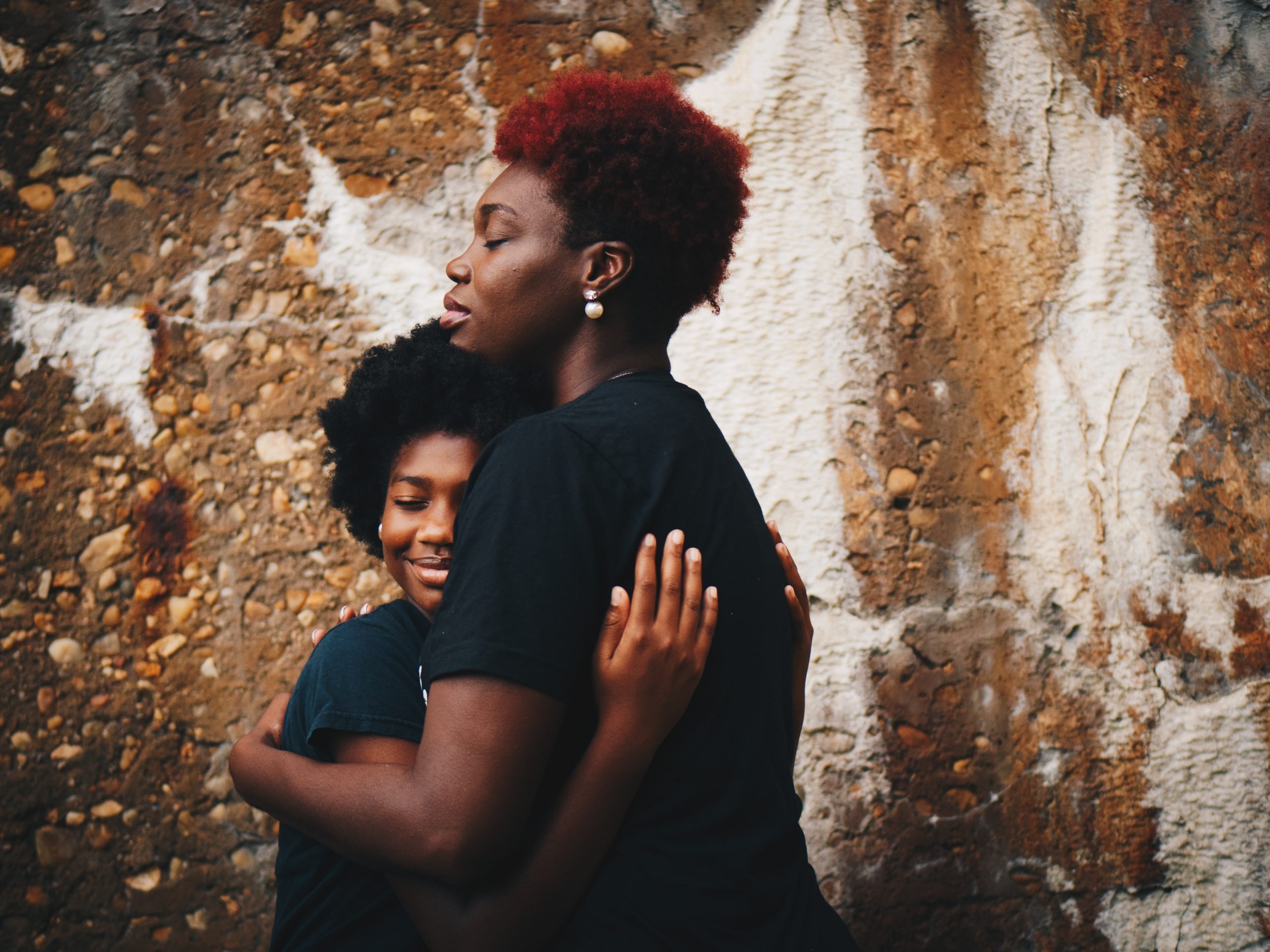Many adults are experiencing high levels of stress during the pandemic, affecting their overall mental health and wellbeing. Inequities in the social determinants of health may further contribute to the effect on racial and ethnic minority groups. Here are a few resources for managing our emotional and mental health during this time.
At Counter Tools, we know that place has a profound impact on the health of individuals. The spaces where we live, work, learn, and play — our homes, schools, neighborhoods, and nearby stores — determine our access to healthful living. We know this is true for many aspects of physical health. For example, we know low-income and minority neighborhoods are disproportionately affected by the negative health outcomes associated with smoking, such as cancer and lung disease. We also know these neighborhoods, many of which lack access to healthy food, also see higher burdens of obesity and diabetes. Unfortunately, this concept also holds true for aspects of mental health and wellbeing. In the midst of the COVID-19 pandemic, it’s now more important than ever that we remain vigilant in recognizing the contribution of systemic health and social inequities and encourage those affected to seek out mental health resources.
The COVID-19 pandemic has disrupted our daily lives, creating stress around job loss, food security, health concerns and the loss of family and friends. There is fear and anxiety about the disease itself, and the recommended social distancing can contribute to feelings of isolation and cause additional stress.
The “Disaster Distress Helpline” at the Substance Abuse and Mental Health Services Administration (SAMHSA) made headlines when it saw an 891% increase in call volume in March this year compared with March 2019.
A Kaiser poll conducted in April found that 56 percent of adults say that worry or stress related to the pandemic has affected their mental health, and reported effects such as problems with sleeping or eating, increasing alcohol use, or worsening chronic conditions.
The poll also found that Hispanic adults, Black adults, and women had higher reported stress than white males.
While it’s clear that many are impacted by the pandemic, evidence continues to grow that BIPOC (Black, Indigenous, People of Color) may be at higher risk. Inequities in the social determinants of health, such as poverty and healthcare access, may further contribute to the effect of the pandemic on these groups. Mounting evidence shows that COVID-19 puts a disproportionate burden on these communities and places them at higher risk of hospitalization and death. Furthermore, people of color are more likely to work in service industries and other jobs that are not amenable to working from home.
Black communities are at a greater disadvantage during this time as they are already at higher risk for depression and other mental health problems. Studies have shown that Blacks are less likely to seek out mental health resources, and the varied reasons include perceptions of social support, stigma associated with mental illness, and previous experiences with mental healthcare services.
To address the current crisis, there are numerous mental health resources that have revamped their content with a focus on COVID-19.
- The CDC has provided a resource hub for coping with stress during the pandemic that helps identify the effects of stress and who is most vulnerable. It shares helplines such as the National Suicide Prevention Lifeline and the SAMHSA’s National Helpline, and offers ways to cope with stress such as taking care of your emotional health, taking breaks from the news updates, focusing on physical well-being, and connecting with others.
- The Department of Health & Human Services has a similar resource hub on mental health during the pandemic.
- The National Alliance on Mental Illness has a COVID-19 Resource and Information Guide in a Q&A format about how to manage emotional health during this time.
There are also mental health resources specific to racial and ethnic minority groups.
- Black Emotional and Mental Health (BEAM) is a non-profit “dedicated to the healing, wellness, and liberation of Black communities,” and provides toolkits, articles, and videos. They hold a monthly virtual event to discuss mental health wellness, COVID, and more, as well as many other virtual events focusing on different topics. You can find more of their activity on their Facebook page.
- The Boris Lawrence Henson Foundation focuses on “changing the perception of mental illness in the African-American community by encouraging people to get the help they need.” They provide a directory of mental health providers and programs that serve the Black community, including therapists, support groups, faith-based programs, educational programs, and more. This summer BLHF launched the Free Virtual Therapy Support Campaign where they cover the cost of up to five therapy sessions for individuals who have been impacted by COVID-19 stress and other injustices during this difficult time.
- Therapy for Black Girls is a resource for Black women and girls with tools to find a therapist and a membership community for Black women to support and encourage each other
- Therapy for Latinx is a national mental health resource for the Latinx community and offers an online directory of therapists
- Mental Health America has a resource hub dedicated to COVID-19 and relevant information on BIPOC Communities and COVID-19. They also have a treasure trove of mental health resources for Black And African American Communities, Latinx/Hispanic Communities, Native and Indigenous Communities, and Asian American/Pacific Islander Communities.
Systemic health and social inequities may worsen the already disproportionate effect of COVID-19 on racial and ethnic minority communities. We must take care to recognize this crisis and encourage resources for mental health treatment for everyone.







